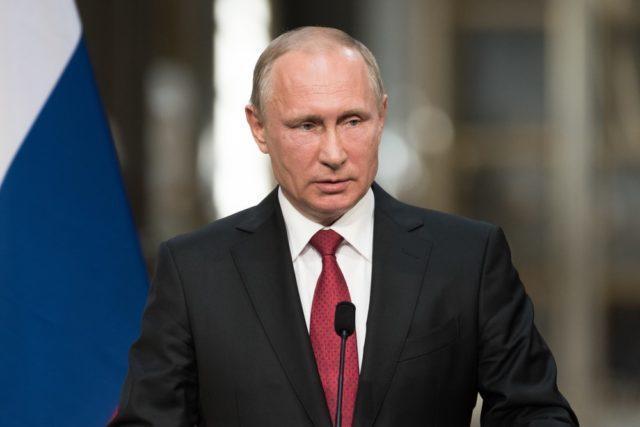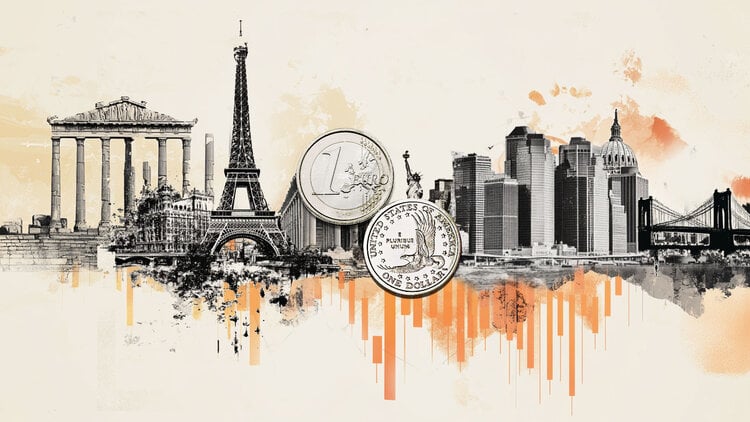Itamaraty carried out a true “diplomatic blitz” in defense of reforms at the UN and the expansion of its Security Council during the entity’s General Assembly, in New York.
The protagonists of this offensive were President Luiz Inácio Lula da Silva and his Minister of Foreign Affairs, Mauro Vieira, who participated during the week in dozens of meetings on these and other topics of global governance.
Lula had 13 meetings in his busy schedule, including important bilateral meetings with the presidents of the United States, Joe Biden, and Ukraine, Volodymyr Zelensky.
Vieira participated in 11 of these agendas and in one session of the Security Council, had bilateral meetings with 15 foreign ministers and directors of international organizations and attended another 14 meetings with representatives of groups of priority countries for Brazil.
Brazilian leaders also received more than 50 requests each for meetings that ended up not taking place due to lack of time.
The requests from so many countries for meetings with Brazil crown the diplomatic efforts of Itamaraty and President Lula, who did not miss the chance to use the slogan that “Brazil is back” on the geopolitical scene in all the recent summits in which he participated , such as the G7, the BRICS, the G20 and, of course, the General Assembly.
An important Brazilian diplomat told CNN that “there was a great pent-up demand” for Brazil’s participation in international forums.
“Now, this demand is being met again precisely at the moment when the debate on the reform of the UN and the Security Council is back on everyone’s radar. This does not mean that there will be an outcome in the short term, but it is clear that the main actors are moving, and that Brazil is one of them”, said the source.
Hard-hitting charge
The highlight of this entire movement was Lula’s participation in the opening of the General Assembly, when the Brazilian leader forcefully defended the need to reform the global governance system.
“The UN Security Council has been progressively losing its credibility. This fragility arises in particular from the actions of its permanent members, who wage unauthorized wars in search of territorial expansion or regime change. Its paralysis is the most eloquent proof of the need and urgency to reform it, giving it greater representativeness and effectiveness”, he stated.
The UN Secretary General, António Guterres, made a practically identical speech, demanding changes in his organization and the council. The similarity of the speeches was interpreted by several diplomats as one of the signs that this would be the right time to increase pressure for reforms.
And Chancellor Mauro Vieira wasted no time in trying to capitalize on this movement in favor of Brazil’s candidacy as a permanent member of the Security Council – a decades-old demand from Itamaraty.
Among the various meetings he held, the chancellor gave priority to those that involved countries that already have permanent vacancies or that are also candidates for this position on the council, as were the cases of Russia, France and Japan.
Furthermore, Brazil coordinated at least three meetings with groups of countries directly involved in the attempt to reform the UN: the G4, the L69 and the IBSA.
The first is made up of four strong candidates for a permanent seat on the Security Council: Brazil, Germany, India and Japan. IBSA brings together Brazil, India and South Africa. And L69 has more than 40 developing countries in Latin America, Caribbean, Asia and Africa.
In all meetings it was agreed that members would work together for reforms.
The process, however, is long and there is no guarantee of success in the short term.
Diplomats say, behind the scenes at the UN, that the country most reticent to changes in the structure of the Security Council is China. One of the reasons would be the high possibility of the accession of India and Japan, two of Beijing’s regional rivals, to the Security Council.
There is also an assessment that the United States needs to engage in actual negotiations for reforms, leaving aside its statements that are partially sympathetic to the changes.
The two largest powers in the world, however, must resist for longer the idea of sharing the veto power they currently have over the most important global decisions.
Source: CNN Brasil
Bruce Belcher is a seasoned author with over 5 years of experience in world news. He writes for online news websites and provides in-depth analysis on the world stock market. Bruce is known for his insightful perspectives and commitment to keeping the public informed.







